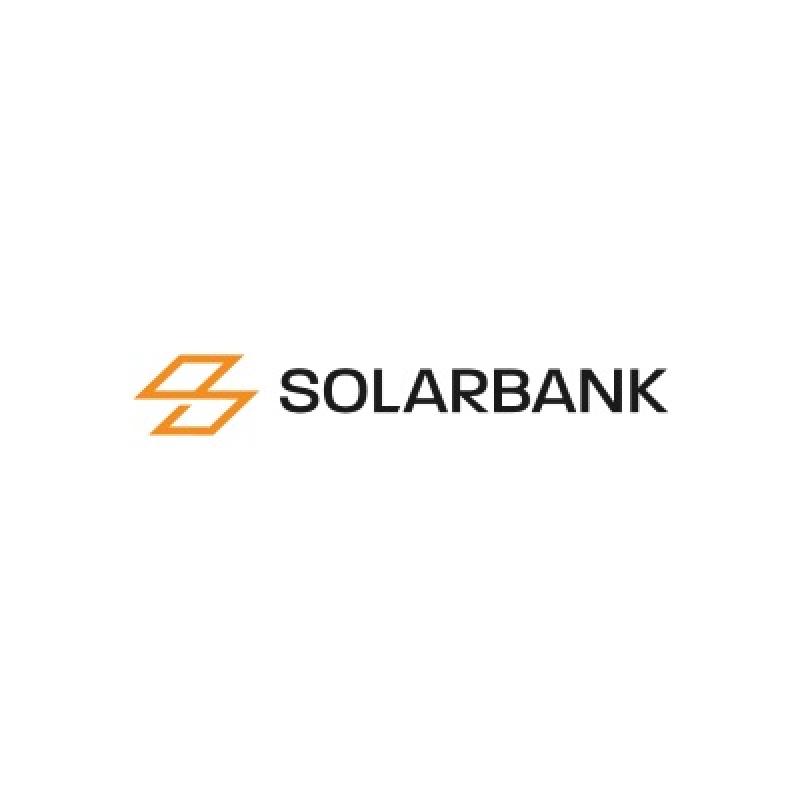 UPDATED WITH CEO COMMENTS: SolarBank Corporation's (SUNN-Q) name change to PowerBank Corporation is a better reflection of its diversification into data centres, energy storage and even cryptocurrency, CEO Richard Lu told Sustainable Biz Canada.
UPDATED WITH CEO COMMENTS: SolarBank Corporation's (SUNN-Q) name change to PowerBank Corporation is a better reflection of its diversification into data centres, energy storage and even cryptocurrency, CEO Richard Lu told Sustainable Biz Canada.
“We actually signed-up more businesses now, and not just solar,” he said in an interview.
Shareholders of the Toronto-based solar energy project developer and owner approved the rebranding on Wednesday. The change is effective July 28, though its stock symbols will remain unchanged.
The new name is said to better communicate its increasing focus on providing power to the digital economy, working in “all forms of energy” and creating a Bitcoin treasury.
In November, SolarBank announced it would explore developing, owning and partnering in the rapidly expanding and power-hungry data centre sector. Delivering low-carbon solutions by integrating renewable energy into emerging markets and reducing the carbon footprint of data centres were identified as priorities.
Using solutions such as microgrids, SolarBank would power data centres in the rural areas of northern Ontario and the U.S. Midwest, California, Texas and Arizona.
"Our experience in renewable energy will enable us to deliver energy-efficient, carbon-reducing data centres to support today's data needs and tomorrow's technological advancements,” Lu said in the original announcement of the shift in its business — which was made public last year.
Solar industry outlook less sunny in U.S.
Also in 2024, SolarBank said it would branch out into EV charging. Lu laid out the plan as building a network of charging infrastructure across Canada.
To achieve this, the company filed for $1.5 million in grant applications to develop three fast charging stations in the Ontario cities of Woodstock, Peterborough and Milton. It also secured a partnership with Walmart for EV charging on the West Coast.
But SolarBank is hitting the brakes on EV charging for now. Lu said the company was struggling to secure the financing from banks for the sector because they were not convinced by the current adoption rate.
“We are putting it on hold, but until better utilization data. We’re not giving it up,” he said.
The reduced emphasis on solar energy comes as SolarBank faces a more hostile market for renewable power in the U.S.A. The federal government there has clawed back on investment tax credits for wind and solar energy projects, and tighter restrictions on the sector has led the company to rush for the subsidies before they are phased out.
The company has 40 megawatts (MW) of operating solar assets in Canada and the U.S., 60 megawatt-hours of energy storage under construction in Ontario, and 500 MW of projects in the permitting stage in both countries.
A critical effort is executing on 97 MW of projects planned for the U.S. that will be supported by US$100 million in financing from Los Angeles-based real estate and infrastructure owner, operator and investor CIM Group.










